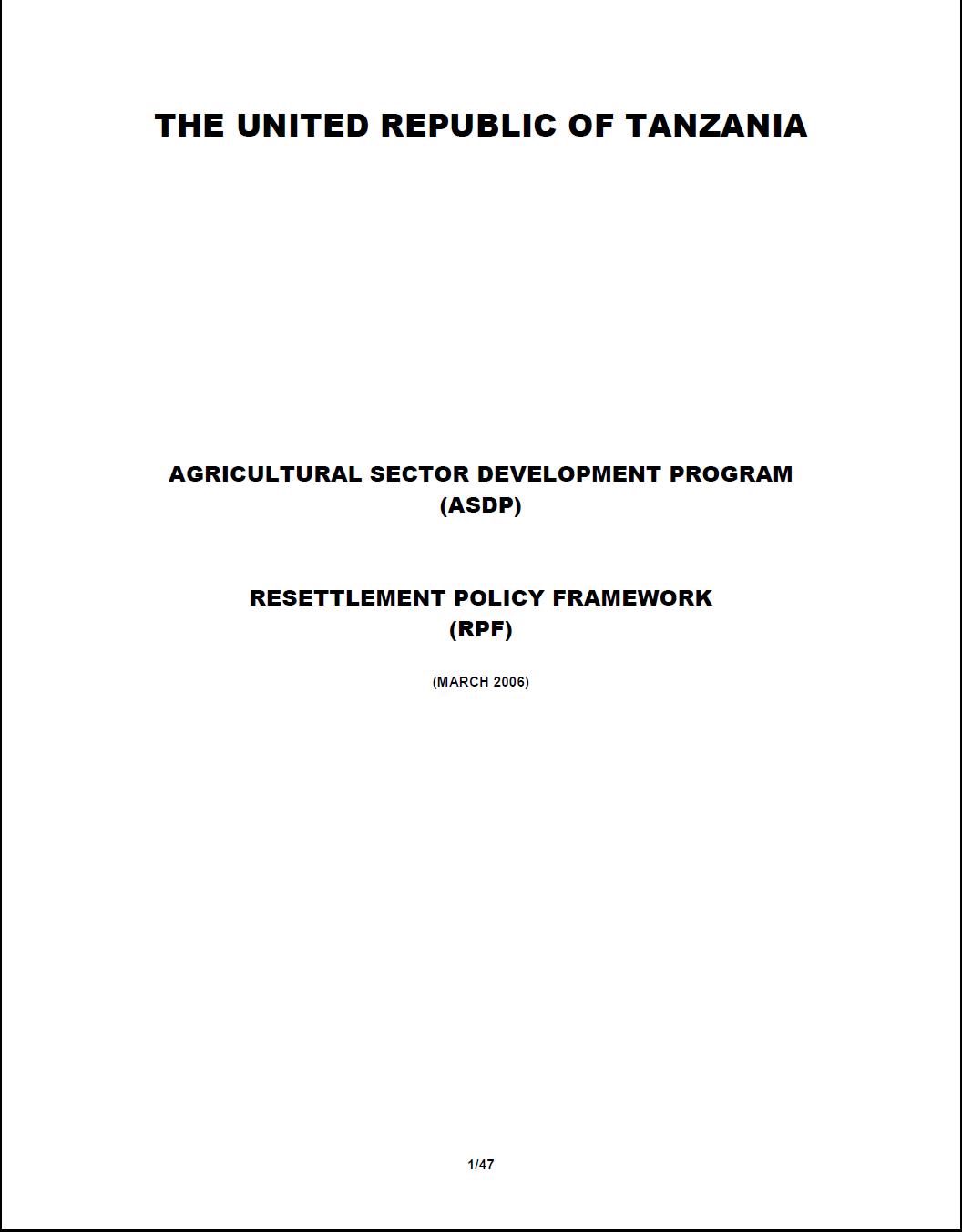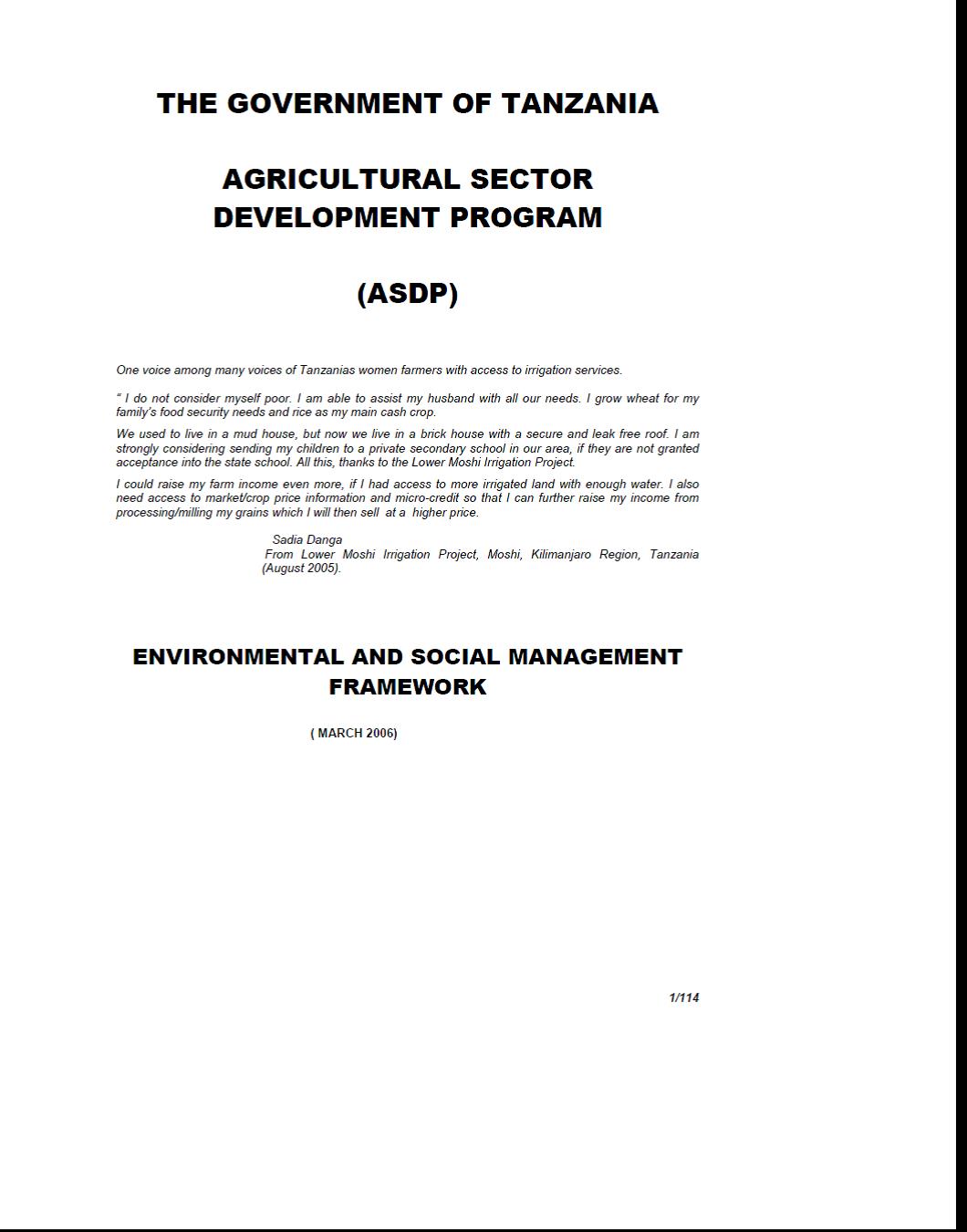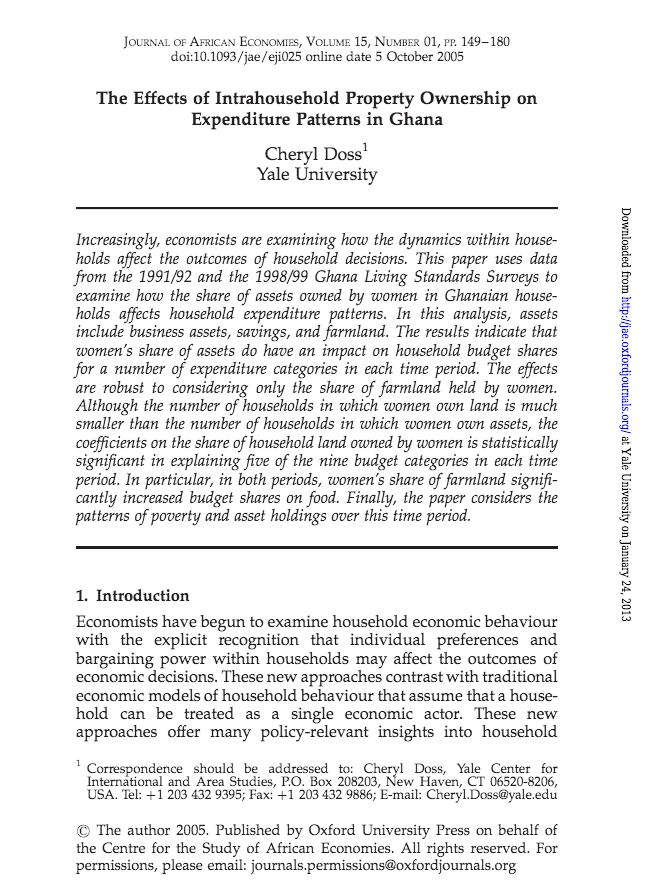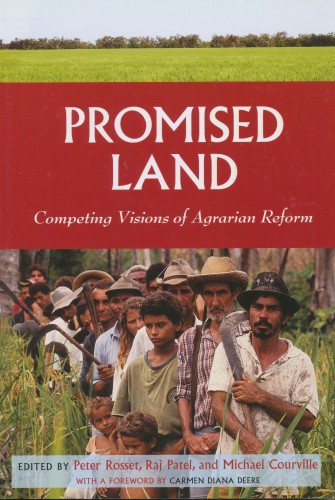Mercados de Terras no Brasil Estrutra e Dinâmica
O tema do mercado de terras integra a agenda contemporânea das políticas agrárias, tanto no Brasil como em outros países. No caso brasileiro, decorre da história de ocupação do território e da própria formação social e econômica que produziram um quadro de ilegalidade, de instabilidade jurídica e de fragilidade institucional. A expansão da fronteira agrícola com base no agronegócio patronal, em especial na cultura da soja na região da Amazônia Legal, combinada com as ações de reforma agrária, ampliam a importância deste tema e seus impactos sobre a economia e a sociedade.








